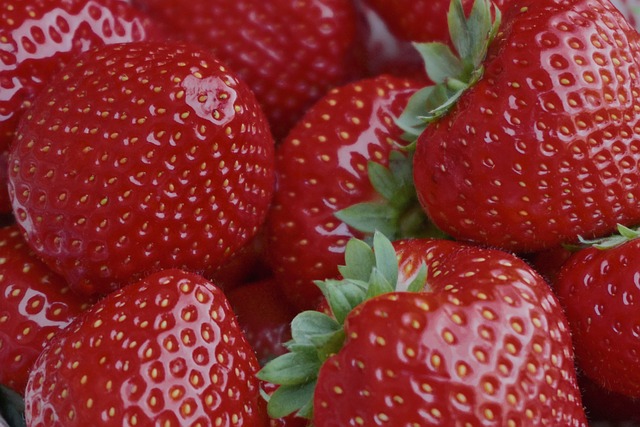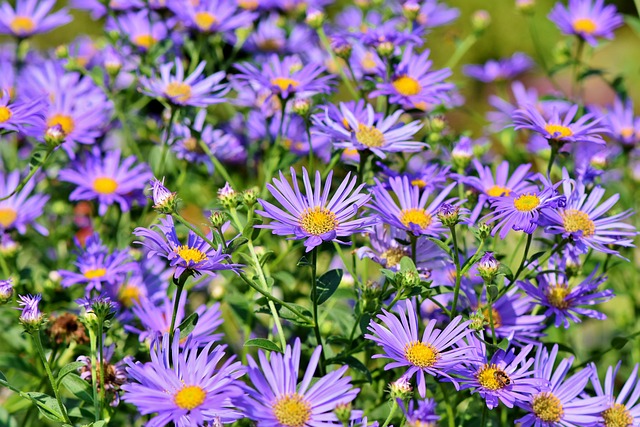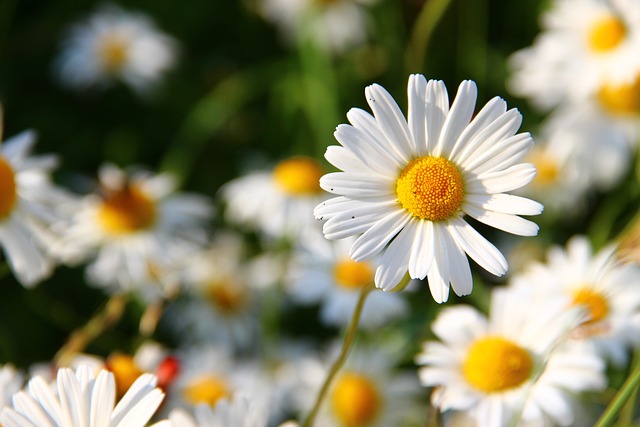
Gardening is a good way to make your yard a source of fresh fruits and vegetables. There is nothing that tastes better than fresh tomatoes on salad or an entire salad grown from your own garden. This article will provide great tips for horticulture that will help you enjoy it.
You must gradually introduce your plants to changing conditions and temperatures, so you do not shock them. At first, only leave them outside for a brief period of time. After a week, leave your plants outside for twice as long. Once the transition is complete, your plants will probably be able to tolerate the outdoor conditions.
Use your tool handles as rulers in the garden. You can convert any large handle tool, such as a hoe, shovel, or rake into a measuring tool. Place the handles on the ground and measure them. Label the distances with a permanent marker. This will allow you to have a ruler at your fingertips when you are working out in the garden.
Use climbers for covering fences and walls. These types of plants can climb anything, which makes them perfect for covering up a wall or fence that needs to be hidden. Climbers can also be trained to grow and cover an arbor, and they will grow through or around existing trees and shrubs. Some need to be tied to a support, whereas certain climbers attach themselves to a surface with tendrils or twining stems. There are many varieties you can choose from. Honeysuckle, climbing roses and jasmine are among the best.
Co2 Levels
In order for plants to grow, they must have enough CO2. The majority of plants grow much better when CO2 levels are at their highest. A great way to reach these CO2 levels is through a greenhouse. Plants grown in a greenhouse tend to be more lush and healthier due to the improved growing environment.
Fall edibles are a wonderful addition to your garden. Try using a pumpkin as a natural plant pot. You can plant fall vegetables such as lettuce in an empty pumpkin shell. Use some Wilt-Pruf to prevent your pumpkin from decomposing and then you can put your plants right inside. Finished? Now you’re all set for planting!
Grow wheat or cat grass around the plants your cat likes nibbling. Another option is to place offensively smelling objects on the topsoil near and around the plants you want to protect. Citrus peels or mothballs are a couple of examples.
Split up your irises. Take clumps that have become overgrown and divvy them up into separate plants. Once the foliage has died off, lift out your bulbous irises. The bulbs will naturally split in your hands, and after you replant them, will flower about a year later. Rhizomes, however, need to be divided by using a gardening knife. Throw away the center after carefully cutting new sprouts from the exterior. Each piece should have at least one strong offshoot. For optimum viability, plant your new cuttings into the ground without delay.
You can spray scents such as after-shave and cologne around your garden to deter your dog. This will mask the garden smell that is attracting your dog, and it will make it a less appealing place for your dog to visit.
During the day, when the weather is hot, vegetables tend to be softer, which causes them to be damaged even if you gently pick them. When you remove the produce from the plant, use shears or a knife to cut them from the vine without twisting, as this can damage the plant.
Take care of your knees while working in the garden. Most people can’t bend for long periods while standing. You can kneel instead to help keep your back relaxed while tending to your plants. You can get a knee pad to place on the ground to kneel on so that you do not feel pain in your knees.
Pine Needles
Pine is a surprisingly good source of mulch. Some plants have a naturally high acidic level, and therefore like acidic soil. Plants like these thrive when you use pine needles as mulch. Covering your plant beds with a layer of pine needles will allow the pine needles to disperse their acidic nutrients into the soil for your plants.
Add used coffee grounds to your garden soil. Coffee beans are loaded with nitrogen, which offers nourishment for plants. It is best for your plants to use coffee grounds that are part of a blend of ingredients in the compost or soil you are using for your plants, rather than directly adding coffee grounds to your garden plants.
Laundry Basket
When the time has come to gather up the produce, you need to use an old laundry basket. This laundry basket can be used as a type of strainer for all your produce. When you put your produce in a basket, you can then rinse it off and let it strain any excess water through the laundry basket holes.
A good thing to know when it comes to your organic garden, and running it, is to, a couple times a day, lightly ruffle the seedlings with cardboard or your hand. Even though it sounds strange, it will help plants get bigger.
An organic garden is a benefit to you and everyone else who consumes the food that grows there. Growing your crops organically will offer the best reward for those who eat the foods.
As was mentioned earlier, horticulture is a wonderful opportunity. You can grow fresh vegetables or delicious fruits on your own property! You’ll feel great using ingredients from your own garden to cook delicious food. Use the advice in this article to optimize your efforts in the garden and yield amazing results.





